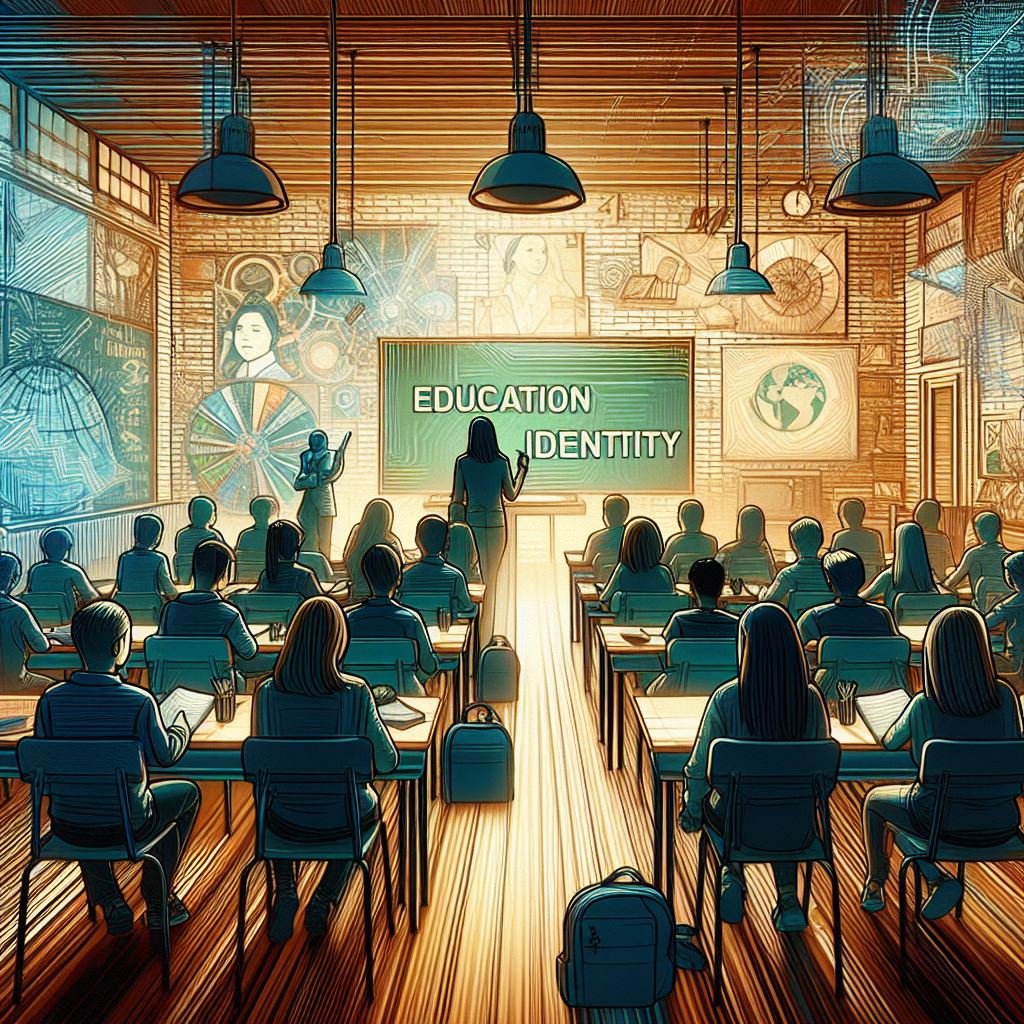
Schools in England Face Government Clampdown on Gender Identity
In a move reminiscent of right-wing fearmongering, the UK government has unveiled draft guidance to prohibit teaching gender identity in English schools. This guidance aligns with the Conservative Party’s attempts to garner support from reactionary elements within their base. It echoes the baseless myths propagated by extremists.
Sources within the government disclosed to the BBC that the proposed changes would ban sex education for children under nine and restrict discussions about gender identity. Prime Minister Rishi Sunak, whose recent “war on colourful lanyards” was mocked by Keir Starmer, claims these measures will protect children from “disturbing content.” However, many educators assert there is no evidence of widespread issues necessitating such action. Teaching unions have criticized the review as “politically motivated,” highlighting its basis in ideology rather than fact.
The new guidance
Under the new guidance, secondary school students would still learn about protected characteristics, including sexual orientation and gender reassignment. However, despite the widely documented existence of gender variance historically and cross-culturally, the guidance emphasizes avoiding teaching about gender identity.
Education Secretary Gillian Keegan echoes gender critical extremists, advocating for “biological sex” as the basis of relationship, sex, and health education. She marginalizes inclusive gender perspectives.The government is also tightening regulations to allow parents greater access to school teaching materials, purportedly to increase transparency.
Announcing the guidance, Sunak emphasized parents’ trust in schools to keep children safe from inappropriate content. However, according to the NSPCC, many abused children go unnoticed because adults may not recognize the signs, children may not realize they are being abused, or confidants may not report the abuse to authorities. Failing to teach about healthy relationships may enable family members, who are often abusers, to evade detection.
Keegan claimed that the guidance was driven by requests from teachers for “more clarity” on age-appropriate sex education. However, her comments also mentioned unverified reports of materials from campaign or lobby groups in classrooms. This paints a picture of conservative alarmism rather than educational reality.
Keegan provided anecdotal evidence of lesson slides discussing a spectrum of gender identities, suggesting such materials were prevalent without offering concrete data to support these claims. When pressed on the extent of the issue, she admitted to lacking specific survey data, acknowledging the uncertainty surrounding the prevalence of such educational content.
Key elements of the proposed guidance include
- No sex education before Year 5, when children turn nine.
- Additional content on suicide prevention for secondary school pupils.
- A section on sexual harassment and sexual violence.
- Advice for teachers on addressing misogynistic online influencers.
While some parents support these restrictions, others warn of the dangers in curbing comprehensive sex education. Critics argue that denying children accurate information in schools may drive them to seek answers from unreliable and potentially harmful online sources. Lucy Emmerson, chief executive of the Sex Education Forum, warned that restricting topics would increase children’s reliance on online sources for answers, including pornography and information on STIs. This reliance risks exposing them to coercive control.
Keegan asserted that children under nine could still learn about conception in a “factual, scientific way,” yet this approach sidesteps the broader, necessary conversations about identity and inclusivity.
The draft guidance is open for a nine-week consultation before becoming statutory. Once finalized, schools must comply with its provisions.
The Scottish perspective
From a Scottish perspective, this development underscores the necessity of independence. This ensures our education system remains progressive, inclusive, and aligned with our values of social justice. Scotland must chart its own course, free from Westminster’s reactionary impulses. We need to reaffirm our commitment to fostering a society that respects and celebrates diversity. Joining the European Union as an independent nation offers a path forward for Scotland. This move allows Scotland to enshrine and protect the rights and identities of all its citizens. It ensures a brighter and more equitable future.